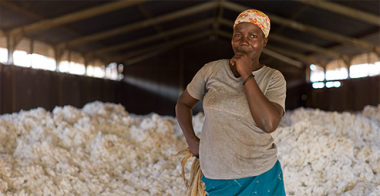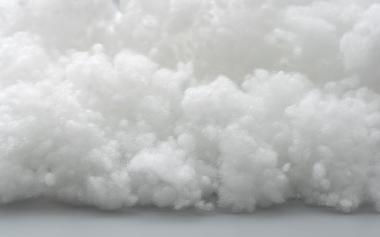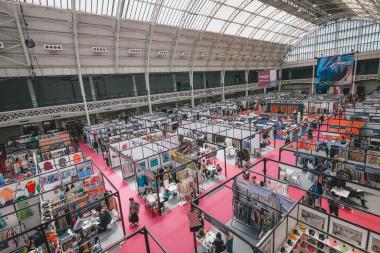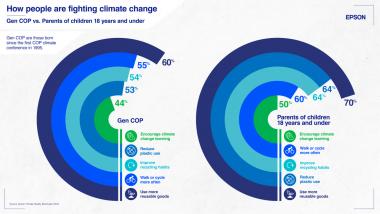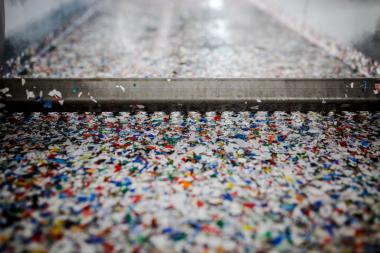Bio-Baumwollmarke Cotonea feiert 20-jähriges Jubiläum
Elmer & Zweifel, das Familienunternehmen für Baumwolltextilien aus dem schwäbischen Bempflingen, hat 2003 Cotonea als Marke für ökologische und faire Baumwoll-Produkte ins Leben gerufen. Seitdem steht Cotonea für 100 Prozent Bio, konsequente Nachhaltigkeit und hochwertige Stoffe und Textilien.
Die kompromisslose Ausrichtung auf Bio sowie die vollständige Transparenz gegenüber Kunden und Partnern sind für Cotonea wesentliche Erfolgsfaktoren. Cotonea produziert nach dem derzeit höchsten Standard „IVN Best“ und ist zusätzlich „fair for life“ zertifiziert. Dieses Gütesiegel wird für Produkte vergeben, bei denen sowohl der Rohstoffanbau als auch jede Fertigungsstufe nach sozial-fairen Gesichtspunkten erfolgen. Cotonea ist das weltweit einzige Unternehmen in der Textilbranche, das seine gesamte Herstellungskette so umfassend zertifiziert hat.
Gleichzeitig macht Cotonea alle seine Lieferketten transparent und damit die Stoffe bis zum Ursprung mit einem eigenen Produktpass rückverfolgbar. Für Geschäfts- wie Privatkunden bedeutet dies umfängliche Transparenz. „Langlebige Bio-Baumwollstoffe, faire Arbeitsbedingungen und -bezahlungen sowie Rückverfolgbarkeit sind das genaue Gegenteil zum üblichen Fast-Fashion-Prinzip“, so Roland Stelzer, Geschäftsführer des 1855 gegründeten Unternehmens,. Nicht dem Mainstream und der Gewinnmaximierung, sondern der eigenen Überzeugung und Verantwortung folgen, ist seit über 20 Jahren die Haltung des Unternehmens.
Meilensteine
1995 hat der Baumwollspezialist mit der Verarbeitung von Bio-Baumwolle begonnen und hierauf aufbauend seine Nachhaltigkeitskompetenz kontinuierlich ausgebaut. Mit der Gründung der Marke Cotonea ging die erste Vertragspartnerschaft zum Anbau von Bio-Baumwolle einher, zunächst 2004 in Kirgistan und dann 2009 in Uganda. Beide Regionen verbinden günstige klimatische Bedingungen mit ausreichend Regen. Durch die enge und langjährige Zusammenarbeit mit lokalen Partnern in Kirgistan, Uganda, Tschechien, Deutschland und der Schweiz kennt Cotonea die Stationen entlang seiner Produktionskette auf persönlicher Ebene, vom Baumwollanbau über die Spinnerei, das Weben und Stricken der Stoffe bis hin zur Veredelung und Konfektionierung. Die Eröffnung der eigenen Näherei (2013) und die Vorstellung einer eigenen Kinderbekleidungskollektion (2016) folgten. Im 2022 und 2023 veröffentlichten globalen Nachhaltigkeitsranking Material Change Index (MCI) nahm Cotonea mehrfach den ersten Platz unter den deutschen Textilmarken in den Kategorien biologisch und fair erzeugter Baumwolle ein. Der MCI stuft in seiner Gesamtbewertung Cotonea als „Führendes Unternehmen, das den Wandel in der Branche vorantreibt“ ein.
Diese Rolle als nachhaltiges und innovatives Unternehmen will Cotonea auch künftig einnehmen und engagiert sich für Projekte und Themen, die direkt oder indirekt zum Kerngeschäft gehören. Dazu zählen zum Beispiel Biodiversität und Bodengesundheit sowie innovative Projekte wie das Forschungsprojekt Textile Tracker, mit dem sich die Herkunft von Baumwolle im Labor nachweisen lässt. Auch das Pilotprojekt Textile Trust zur transparenten Nachvollziehbarkeit der Lieferkette auf Basis einer Blockchain-Technologie, bei dem IBM von Cotonea unterstützt wird, gehört dazu.
Cotonea


